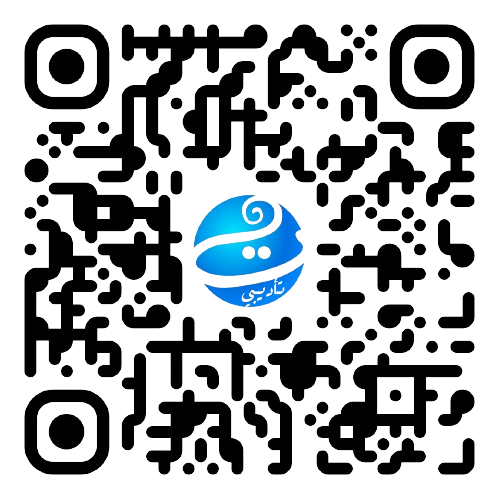Guidance and Counseling Program for Problem Solving Skills Development: A Literature Review
DOI:
https://doi.org/10.28918/tadibia.v3i2.1138Keywords:
Digital era, guidance and counseling program, problem-solving skills developmentAbstract
The aim of learning to solve problems is to cultivate students' cognitive processes by presenting them with problem-solving tasks. Depending on the nature of the problem introduced in the classroom, problem-solving techniques may be applied either collaboratively in groups or individually. The guidance and counseling program contributes to the development of problem-solving skills by incorporating instructional methods that train students to address a range of challenges—both personal and group-related—whether tackling them independently or in collaboration. This research adopts a library research method, following the steps outlined by Zed (2014): a) formulating a general understanding of the research topic, b) seeking supporting information, c) refining the research focus, d) locating and organizing relevant reading materials, e) reading and annotating research notes, f) revisiting and augmenting reading materials, and g) reorganizing materials for the writing phase. Data sources, obtained through offline and online means such as books, journals, and articles, are systematically collected to establish a comprehensive reference database focused on studies investigating the application of guidance and counseling in the digital era. The selected timeframe for inclusion spans the last 5 years, encompassing studies in both Indonesian and English. The chosen data analysis technique for this study is content analysis, providing a methodological approach to systematically examine and interpret the content of the gathered materials.
References
Agustin, R. N., Wijayanti, K., & Winarti. (2014). The effect of motivation and learning activities on problem-solving ability. Journal of Mathematics Education, 3(2), 138-144.
Anderson, J. (2009). Mathematics curriculum development and the role of problem solving. In ACSA Conference. Retrieved from http://www.acsa.edu.au/pages/images/judy%20anderson-%20mathematics%20curriculum%20development.pdf
Bransford, J. D., & Stein, B. S. (1993). The IDEAL problem solver: A guide for improving thinking, learning, and creativity (2nd ed.). New York: W. H. Freeman.
Indonesian Ministry of National Education. (2007). Learning models of mathematics and natural sciences. Jakarta: Directorate of Special Education Development.
Djamarah, S. B. (2008). Psychology of learning (2nd ed.). Jakarta: Rineka Cipta.
Masrukhin. (2009). Quantitative research methodology. STAIN Press.
Muzaki, F. I. (2010). The influence of student creativity and learning motivation on students' ability to solve mathematical problems in the learning model problem solving on the subject matter of class VII comparison at SMP Muhammadiyah I Kota Tegal academic year 2009/2010 (Thesis). Semarang: Semarang State University.
National Council of Teachers of Mathematics (NCTM). (2000). Principles and standards for school mathematics. Retrieved from www.nctm.org
Mullis, I. V. S., et al. (2012). TIMSS 2011 international results in mathematics. Boston: Lynch School of Education.
Organization for Economic Co-operation and Development (OECD). (2013). PISA 2012 results in focus. Retrieved from www.oecd.org/pisa
Prasetya, A., Kartono, & Widodo, A. T. (2012). IDEAL model of problem solving for the achievement of problem-solving ability in the Olympic classroom. Journal of Educational Sciences, 41(1), 1-6.
Sardiman, A. M. (2001). Interaction and motivation for teaching and learning. Jakarta: King Grafindo Persada.
Sugiyono. (2010). Educational research methods (qualitative, qualitative and R&D approaches). Bandung: Alfabeta.
Uno, H. B. (2008). Theories of motivation and their measurement: An analysis in education. Jakarta: Bumi Aksara.
Downloads
Published
How to Cite
Issue
Section
License
Copyright (c) 2023 Choirun Nahdliyin

This work is licensed under a Creative Commons Attribution-ShareAlike 4.0 International License.



















